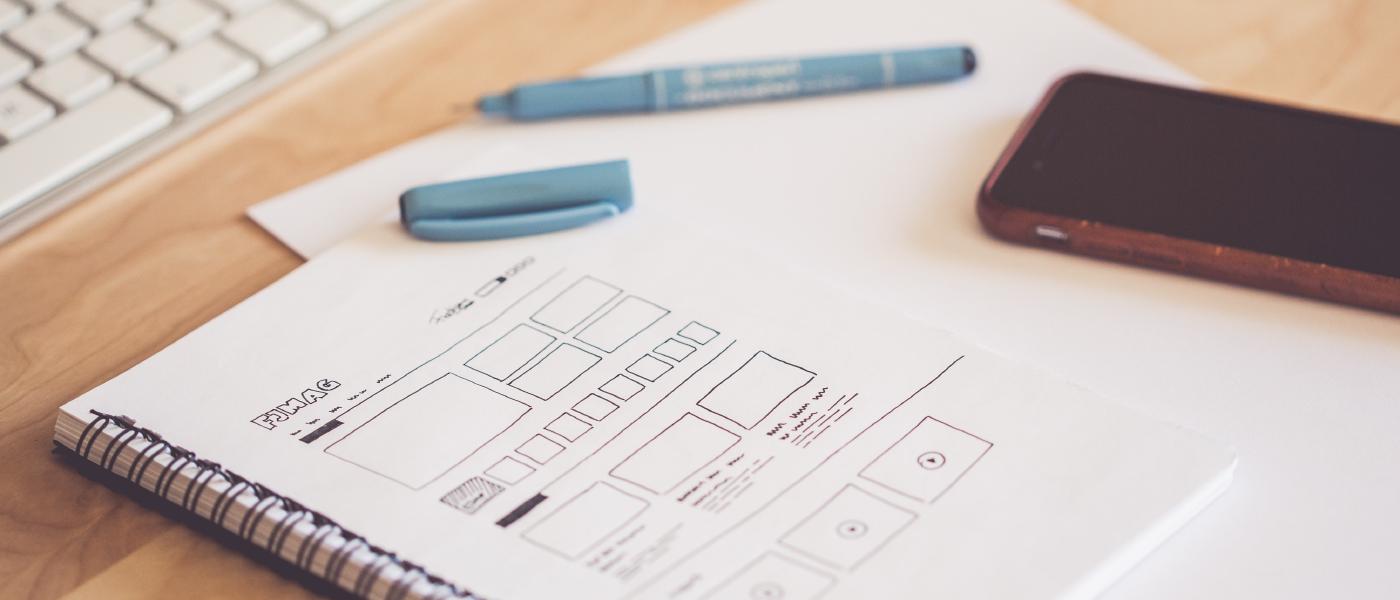Why start software with wireframes
Posted on February 14, 2023 (Last modified on November 16, 2023) • 2 min read • 341 wordsPlanning software starts with basic shapes

Starting with a wireframe is an essential step in designing software for the web. A wireframe is a visual representation of a website or application that outlines its structure and layout. It is a low-fidelity blueprint that defines the basic design elements of the user interface, such as content, navigation, and functionality. Here are some reasons why starting with a wireframe is a good place to start when designing software for the web.
Firstly, a wireframe provides a clear and concise overview of the application’s functionality, layout, and features. It allows designers to define the user experience and the flow of the application before any visual design is created. This enables designers to focus on the usability and functionality of the application, ensuring that it meets the needs of the users.
Secondly, a wireframe enables designers to quickly iterate and make changes to the application’s design. Wireframes are easy to modify, allowing designers to experiment with different design concepts and layouts. This enables designers to create a design that is user-friendly, visually appealing, and meets the business requirements.
Thirdly, starting with a wireframe helps to save time and resources. Wireframes are simple and quick to create, enabling designers to identify and solve usability problems early in the design process. This reduces the likelihood of major design changes and reduces the time and resources required to develop the application.
Lastly, a wireframe can serve as a communication tool between designers, developers, and stakeholders. It allows everyone involved in the project to visualize the application’s structure and layout, ensuring that everyone is on the same page. This helps to ensure that the final product meets the business requirements and is user-friendly.
In conclusion, starting with a wireframe is a good place to start when designing software for the web. It provides a clear and concise overview of the application’s functionality, layout, and features. It enables designers to quickly iterate and make changes to the application’s design, helps to save time and resources, and serves as a communication tool between designers, developers, and stakeholders.